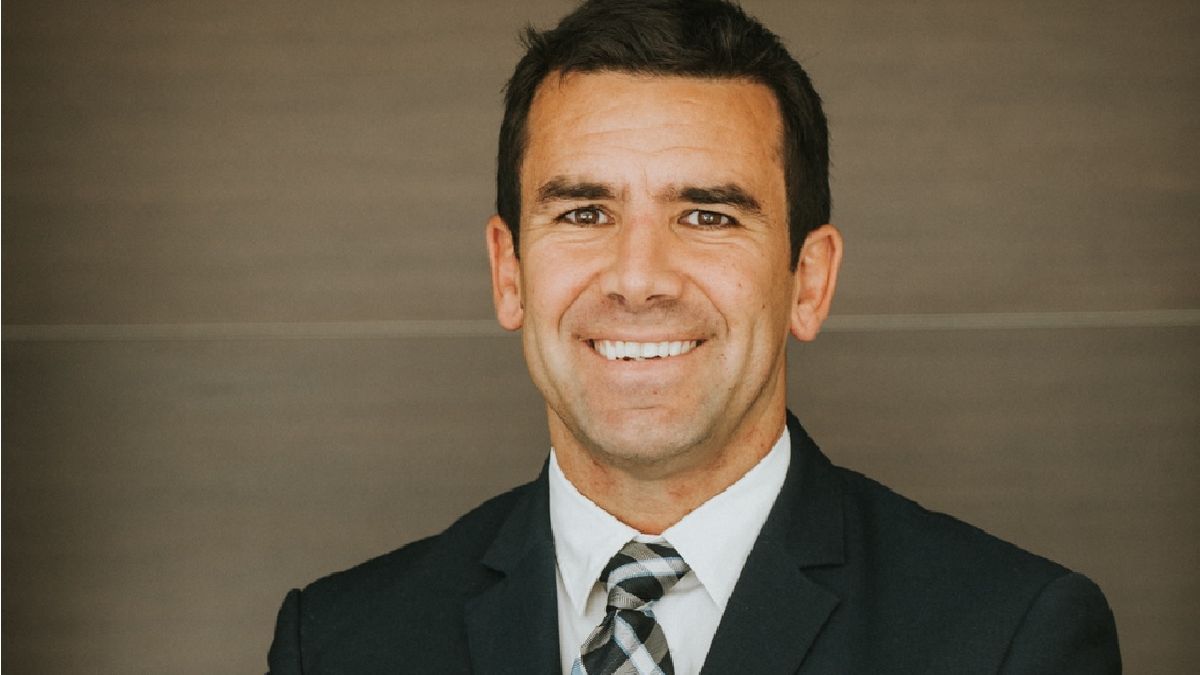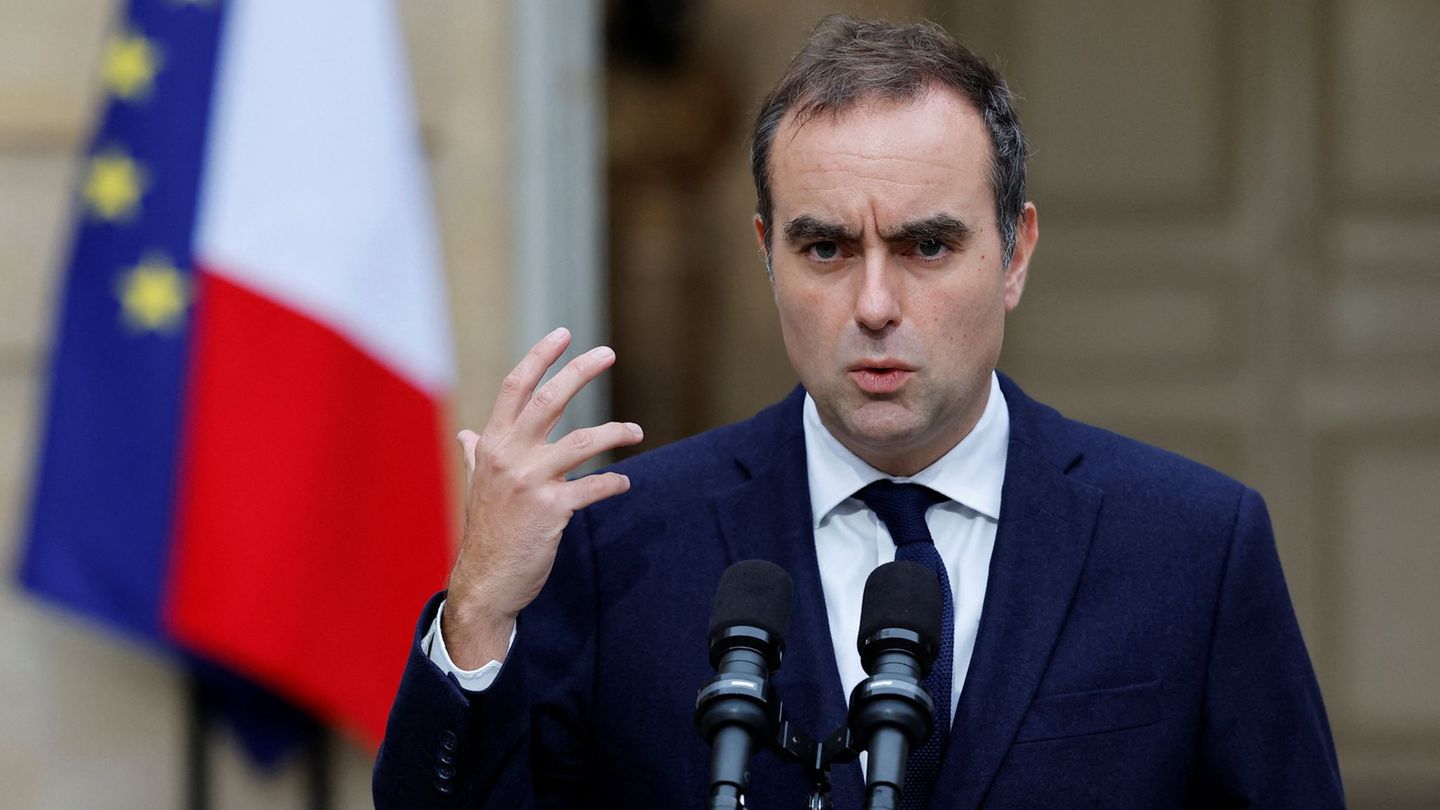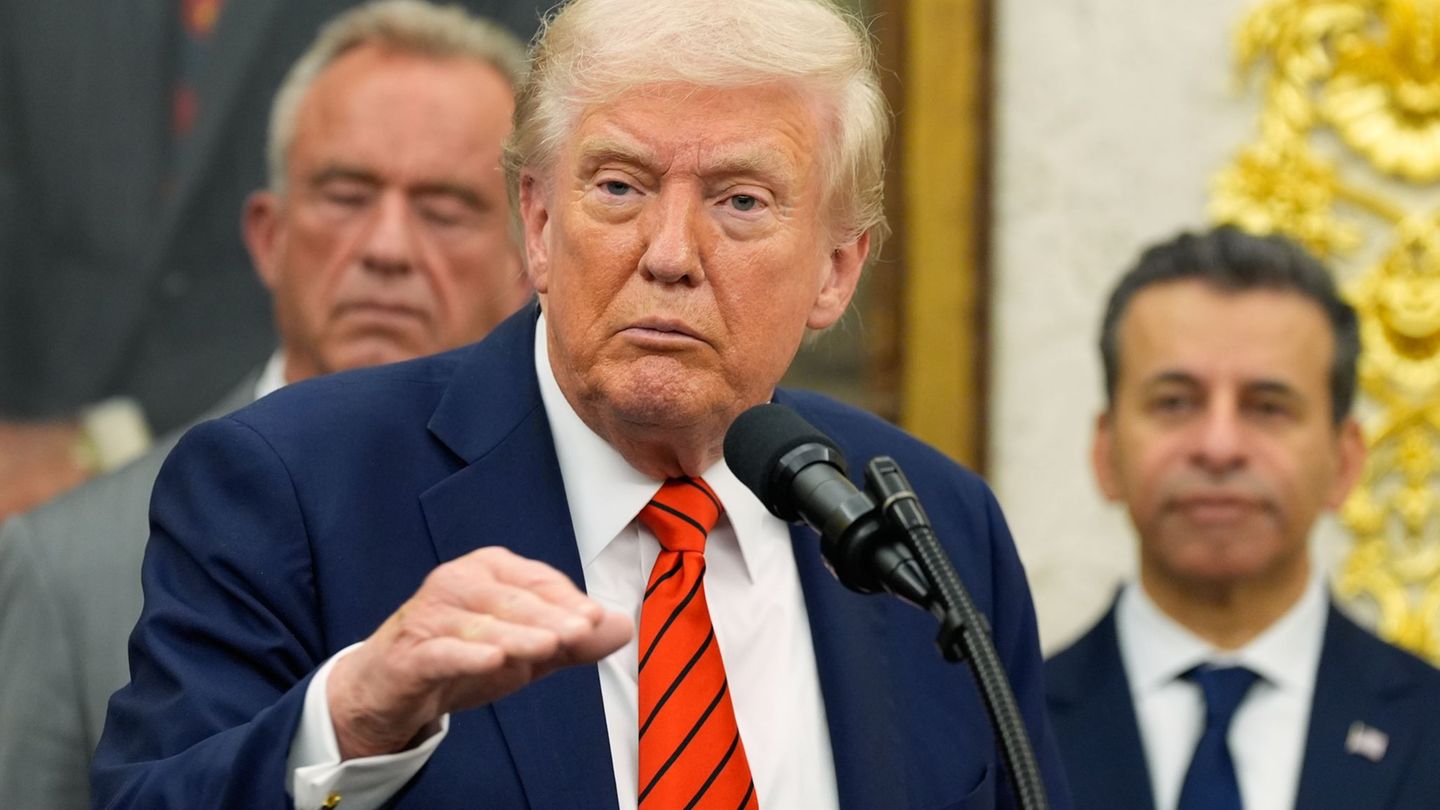“Uruguay “It has broken the inertia that you have to be installed in the largest market to work,” he stated. Ignacio DelCEO of World Trade Center (WTC) Free Zone in a dialogue with Ambit in which he established the main challenges that the country faces to become a world-class competitor in the area of services linked to the technology.
Del manages the complex of two towers located above the Puerto del Buceo in Montevideoin which companies like Free market, Globant or the first Uruguayan unicorn dLocal carry out their operations. The second tower, inaugurated in the middle of the pandemic, already has an occupancy rate of close to 90%.
“We have a very attractive location for these companies because we are close to where most of their collaborators live or study. The pandemic “It showed that you could work from home, that the time to and from work was not necessary, that this time be as short as possible results in a better quality of life for employees,” he said when asked about the reasons why several internationally renowned companies have settled there.
“These are all issues that make the famous work & life balance which has been so evident lately,” said Del. “Creating the best place to work has to do with creating a community that has multiple proposals but that also knows each other. The pandemic showed us the importance of this,” he reflected.
Have you noticed a change in the way of doing business in the services area since the pandemic, taking into account that it was a sector with high momentum?
The pandemic accelerated a trend that we already saw was that of remote work. It allowed us to understand that we have to go after talent and not necessarily geographical location and that, in some way, there were technological tools available that were going to help that. Processes that were rather natural were accelerated and that gave and continues to give new opportunities for Uruguay.
Was Uruguay more prepared for this change precisely because of the existence of free service zones?
The service free zones were undoubtedly a great channel to capitalize on these types of changes. The instrument was further validated, but I do not believe that we are now experiencing a boom in free zones, although there are great opportunities that we will undoubtedly capitalize on and that we can continue to grow more in the services market.
World Trade Center Free Zone Towers
World Trade Center Free Zone Towers
An issue on the business agenda in recent times is the loss of competitiveness linked to the dollar. Do you in the services sector feel the impact of the exchange rate delay?
It is a sensitive issue at the level of competitiveness of Uruguay. We have a very low dollar so the country is not the first option in terms of costs. Uruguay You have to focus on talent. It is not a matter of volume, it is not a matter of cost, it has to be a matter of quality. But without a doubt, this evolution of the dollar may have given us some opportunities.
In that context, how do you evaluate the impact that laws such as the law on attracting IT talent or the law on digital nomads may have?
All initiatives add up. We must give the investor the widest possible menu so that when making the decision he can have in the Uruguay Lots of solutions available. Without a doubt, IT is the great engine of company growth, both in people and quantity, so everything we can add to generate more opportunities is welcome.
On several occasions you mentioned the importance of children staying in school and, precisely, there is a contradiction because Uruguayan talent stands out, but there is also a labor gap in the IT sector…
Completely. The great focus that we must place in the coming years is to generate solid foundations so that Uruguay can position itself there. It is the additional step that we need to take and there is no other formula than with education. I was recently able to speak with the director of Ceibal and he told me that Computational Thinking is now a subject taught in all schools starting at age 8. Those are the right signs. Start taking steps, break a little with the status quo and understand what the world of work is asking for in the future and how we can adapt quickly in Uruguay to these new needs.
Does it occur to you that perhaps there could be a public-private partnership for this?
We must work together because logically the companies’ times are much faster. Having first-hand those interests, what the new trends are and working together to implement them in the public sector as soon as possible would be the best path. If we can execute the public with the private dynamics, we would reach a valuable place. This joint work in the search for that greater good is a path that would be very important to follow.
Source: Ambito




